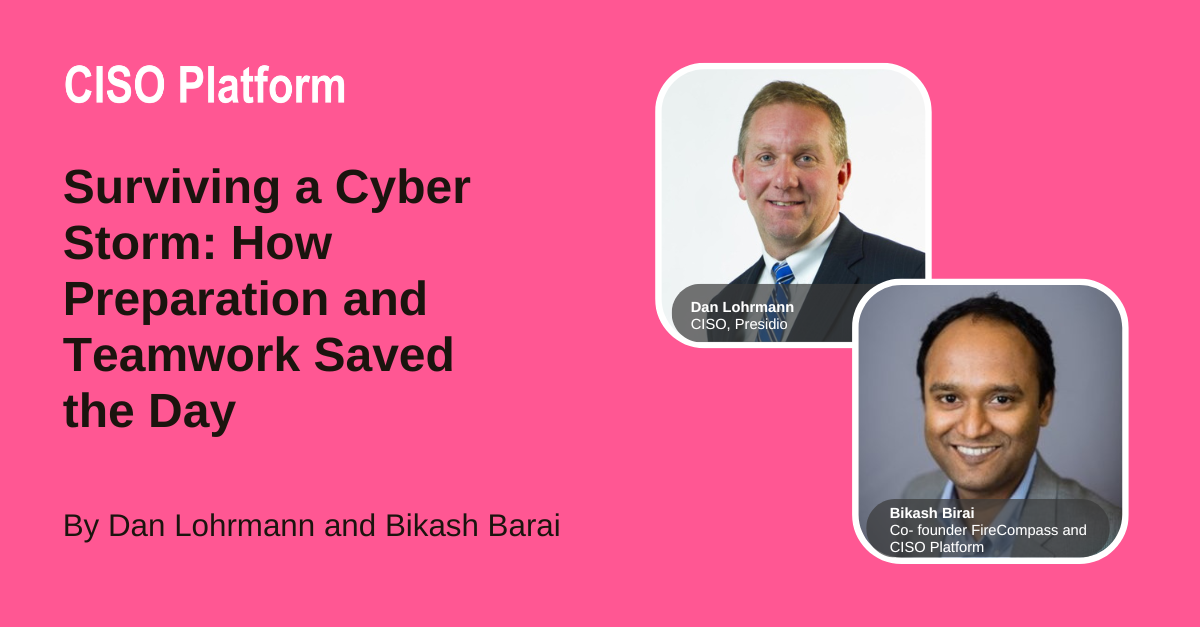This blog post features Dan's career experiences in cybersecurity, including crisis management and drill participation.
post features Dan's career experiences in cybersecurity, including crisis management and drill participation.
Highlights:
Security needs to be enabling: Security solutions should facilitate business needs, not just create obstacles.
Learning from the private sector: Government cybersecurity can benefit from best practices used in private companies.
Importance of preparation: Cybersecurity preparedness helps navigate real-world emergencies effectively.
Northeast blackout of 2003: A real-life crisis highlighting the value of preparation and collaboration.
Cyber Storm exercises: Large-scale drills conducted by the US Department of Homeland Security to test cybersecurity preparedness.
Emphasizes the importance of proactive cybersecurity measures, including planning, drills, and adaptability. By learning from past experiences and adopting best practices, organizations can strengthen their defenses against cyber threats.
Speakers:
https://www.linkedin.com/in/danlohrmann/
Bikash Barai is credited for several innovations in the domain of Network Security and Anti-Spam Technologies and has multiple patents in USPTO. Fortune recognized Bikash among India’s Top 40 Business Leaders under the age of 40 (Fortune 40-under-40).Bikash is also an active speaker and has spoken at various forums like TiE, RSA Conference USA, TEDx etc.
Earlier he founded iViZ an IDG Ventures-backed company that was later acquired by Cigital and now Synopsys. iViZ was the first company in the world to take Ethical Hacking (or Penetration Testing) to the cloud.
https://twitter.com/bikashbarai1
https://www.linkedin.com/in/bikashbarai/


Comments